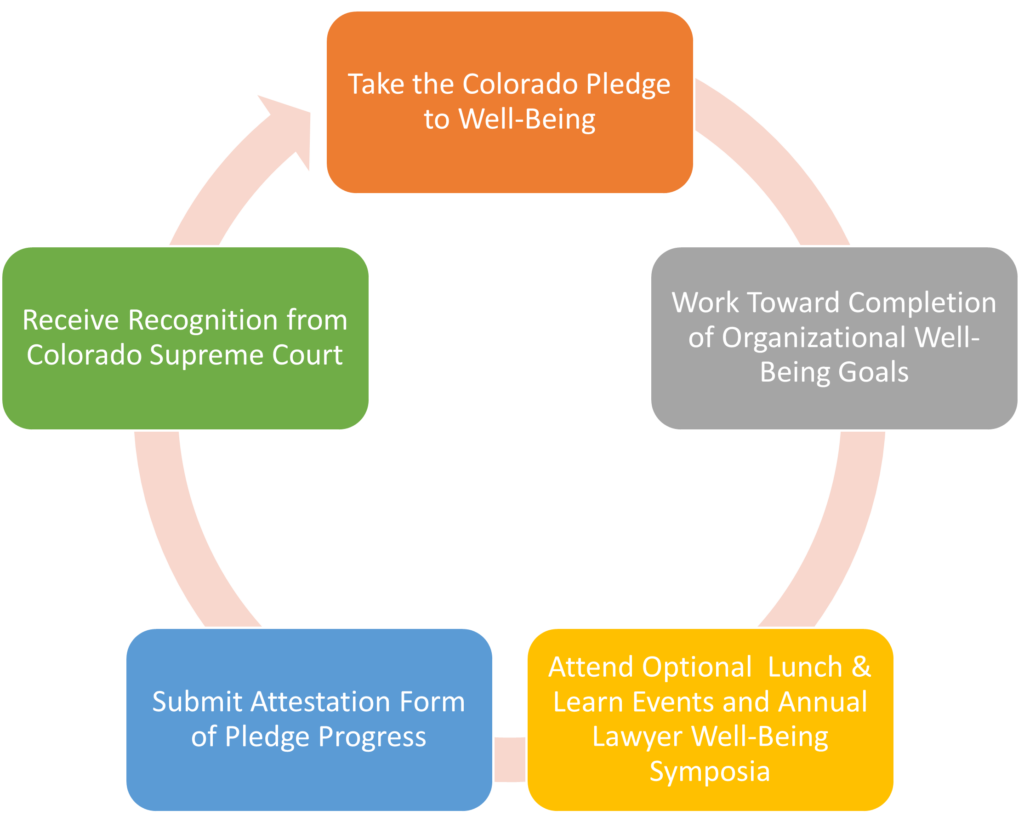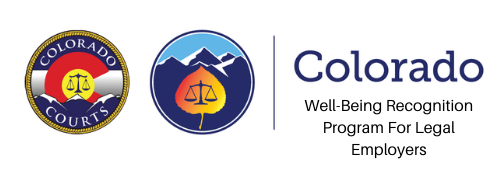
We’ve got the tools – and your organization needs to thrive.
Let’s go.
The law is a demanding profession. Many of these demands are inherent in the profession. However, there are often artificial, unnecessary, or outmoded barriers that prevent lawyers from being able to perform at their best.
- A 2016 study of 13,000 currently practicing lawyers found that between 21% and 36% qualify as problem drinkers and 19% to 28% are struggling with significant levels of depression, anxiety, and stress.[1]
- These problems lead to high absenteeism and under-productive lawyers resulting in high costs to law firms.[2]
- Lawyers are leaving law firms at higher rates than ever before. Forty-four percent of associates leave within three years and 75% leave within five years.[3]
- According to one estimate, the cost of replacing a departing associate ranges from $200,000 to $500,000, or roughly 1.5 to 2 times the annual salary of the associate. This only estimates hard costs and may not include lost productivity, other lawyers’ time, and disrupted intrafirm and client relationships.
The Colorado Supreme Court Well-Being Recognition Program is a step forward in shifting the culture of well-being in Colorado’s legal profession. Through this first-of -its-kind Program, the Colorado Supreme Court will recognize solo-practitioners and legal employers for implementing within their organizations well-being strategies and recommendations encompassing six specific goal areas of lawyer well-being.
How Does The Program Work?

Legal employers will make an annual pledge to well-being which will include the six specific goal areas of the program and legal employers will then have the corresponding calendar year to meet the goals committed to in the pledge form.
The Recognition Program provides participants with access to education, resources, support, and technical assistance to incorporate well-being strategies into their organizations. Additionally, the program creates a Legal Well-Being Leadership Network to encourage dialogue, innovation and accountability in implementing well-being practices in legal workplaces.
During the course of the “pledge year,” participants will have the option of participating in multiple, facilitated peer-to-peer/group mentoring experiences to gather with their peers to receive well-being education and best practices, mentoring, and idea crowdsourcing to make their organizational well-being work more meaningful and relevant.
At the conclusion of the pledge year, participants will submit an attestation as to the pledged well-being goals achieved. In return, the Court will recognize legal organizations for their pledged commitment and their achievements in the form of a culminating recognition event, wall certificate, and electronic website badge.
[1] Patrick R. Krill, Ryan Johnson, & Linda Albert, The Prevalence of Substance Use and Other Mental Health Concerns Among American Attorneys, 10 J. ADDICTION MED. 46 (2016).
[2] Jarrod F. Reich, Capitalizing on Healthy Lawyers: The Business Case for Law Firms to Promote and Prioritize Lawyer Well-Being, Geo. Univ. Law Center (2019), available at http://scholarship.law.georgetown.edu/facpub.2193 and https://ssrn.com/abstract=3438029.
[3] NALP Foundation, Update on Associate Attrition 12 tbl. 6 (2017).
